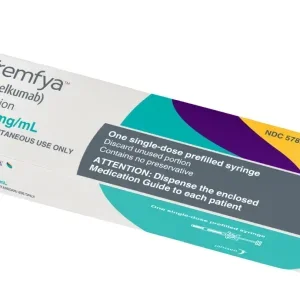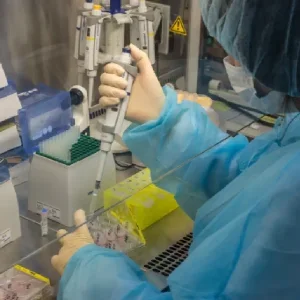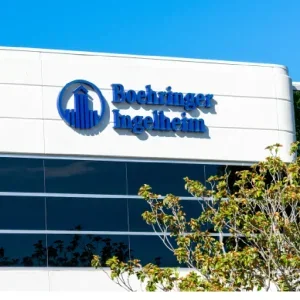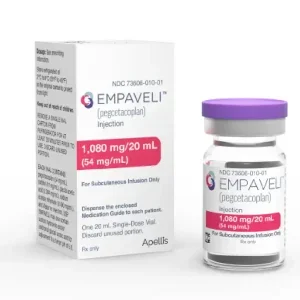
Astellas Pharma has secured approval from the Center for Drug Evaluation (CDE) of China’s National Medical Products Administration (NMPA) for Padcev (enfortumab vedotin) to treat urothelial cancer.
Padcev, a first-in-class antibody-drug conjugate (ADC), is being co-developed by Astellas and Pfizer under a 50:50 worldwide development and commercialisation collaboration.
The ADC is now approved in China to treat adults with locally advanced or metastatic urothelial cancer (la/mUC) after treatment with platinum-containing chemotherapy and programmed death receptor-1 (PD-1) or programmed death-ligand 1 (PD-L1) inhibitors.
The CDE’s approval of enfortumab vedotin is supported by data from the global EV-301 Phase 3 trial and the China-specific EV-203 Phase 2 trial.
The EV-203 trial, which serves as a bridging study to the global EV-301 trial, provided evidence for the drug’s registration worldwide.
It is a single-arm, open-label, multicentre Phase 2 trial focused on Chinese patients with la/mUC.
The study recruited 40 patients who had previously been treated with a PD-1/PD-L1 inhibitor and platinum-based chemotherapy.
Results from EV-203 demonstrated that the trial met its primary endpoint.
It showed a statistically significant overall response rate (ORR) of 37.5% for patients treated with enfortumab vedotin alone, as confirmed by the independent review committee.
In addition, a complete response was achieved in one patient and a partial response in 14 patients.
The trial’s efficacy and pharmacokinetic results align with global data, and the safety profile demonstrated that most treatment-related adverse events were of Grade 1–2 severity.
Astellas Pharma senior vice president and oncology development head Ahsan Arozullah said: “We remain committed to driving scientific progress that leads to meaningful changes in the course of cancer across the globe.
“The approval of enfortumab vedotin by the CDE provides patients in China with another treatment option for locally advanced or metastatic urothelial cancer, providing hope of better outcomes for those affected by this condition.”
The drug is being assessed in several ongoing trials for patients with muscle-invasive bladder cancer (MIBC), non-muscle invasive bladder cancer (NMIBC), in multiple stages of urothelial cancer, and patients with previously treated advanced solid tumours.
In December 2023, Pfizer and Astellas Pharma received approval from the US Food and Drug Administration (FDA) for Padcev with Keytruda (pembrolizumab) to treat adult patients with la/mUC.






